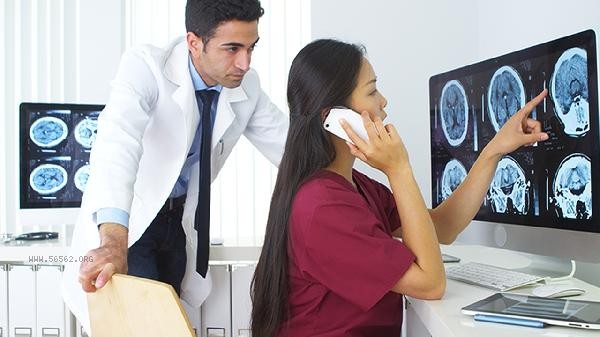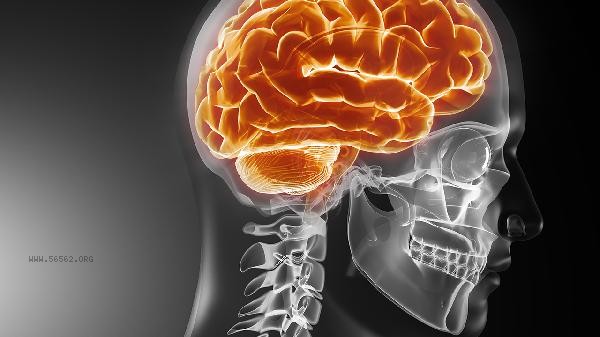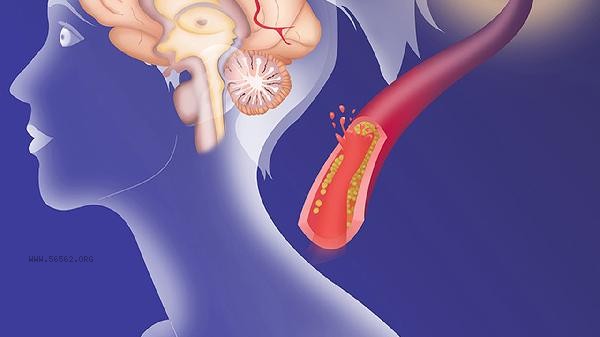The damage to the frontal lobe of the brain can be improved through medication treatment, rehabilitation training, psychological intervention, lifestyle adjustments, surgical treatment, and other methods. Frontal lobe injury may be caused by factors such as trauma, cerebrovascular disease, neurodegenerative diseases, tumor compression, infection, etc.

1. Drug therapy
Drug therapy for frontal lobe injury should be selected based on the cause. Aspirin enteric coated tablets can be used to improve cerebral circulation in cerebrovascular diseases, while donepezil can be used to delay cognitive decline in neurodegenerative diseases. If there is cerebral edema or inflammatory response, the doctor may prescribe mannitol injection to reduce intracranial pressure. Medications should be used strictly according to medical advice and avoid self adjustment of dosage.
2. Rehabilitation Training
Cognitive function training is the core of prefrontal rehabilitation, including structured projects such as working memory training and executive function exercises. Computer assisted cognitive rehabilitation systems can improve attention and decision-making abilities in a targeted manner. Daily life skills training should be designed in conjunction with specific functional impairments, such as using a notepad to compensate for memory deficits and restoring social skills through role-playing.
3. Psychological Intervention
Frontal lobe injury is often accompanied by emotional and personality changes, and cognitive-behavioral therapy can help patients identify and adjust irrational cognition. Mindfulness training can enhance emotional regulation ability, and family therapy can improve the interaction mode between patients and caregivers. When severe behavioral disorders occur, comprehensive intervention with emotion stabilizing drugs is necessary.

4. Lifestyle Adjustment
Maintaining a regular schedule and sufficient sleep can help with nerve repair, and the Mediterranean diet pattern can provide essential nutrients. Moderate aerobic exercise such as brisk walking and swimming can promote blood circulation in the brain. Avoid neurotoxic substances such as alcohol and reduce the negative effects of stress on the brain through meditation, music therapy, and other methods.
5. Surgical treatment
For frontal lobe injury caused by tumors or severe trauma, craniotomy tumor resection or decompressive craniectomy may be necessary. The surgical plan needs to be developed after neurosurgical evaluation, and long-term rehabilitation should be coordinated after surgery. Emerging technologies such as deep brain stimulation may be effective for specific cases, but further clinical validation is needed. The rehabilitation of frontal lobe injury is a long-term process that requires the participation of medical teams and families. Regularly conduct neuropsychological assessments to adjust the plan and maintain a balance between environmental stimuli and cognitive challenges. Pay attention to preventing secondary injuries such as falls and controlling underlying diseases such as hypertension. Nutritionally, foods rich in omega-3 fatty acids, such as deep-sea fish and nuts, can be added in combination with vitamin B supplements. Establish a stable social support network, gradually restore social functions, and avoid overprotection or laissez faire extremes.









Comments (0)
Leave a Comment
No comments yet
Be the first to share your thoughts!